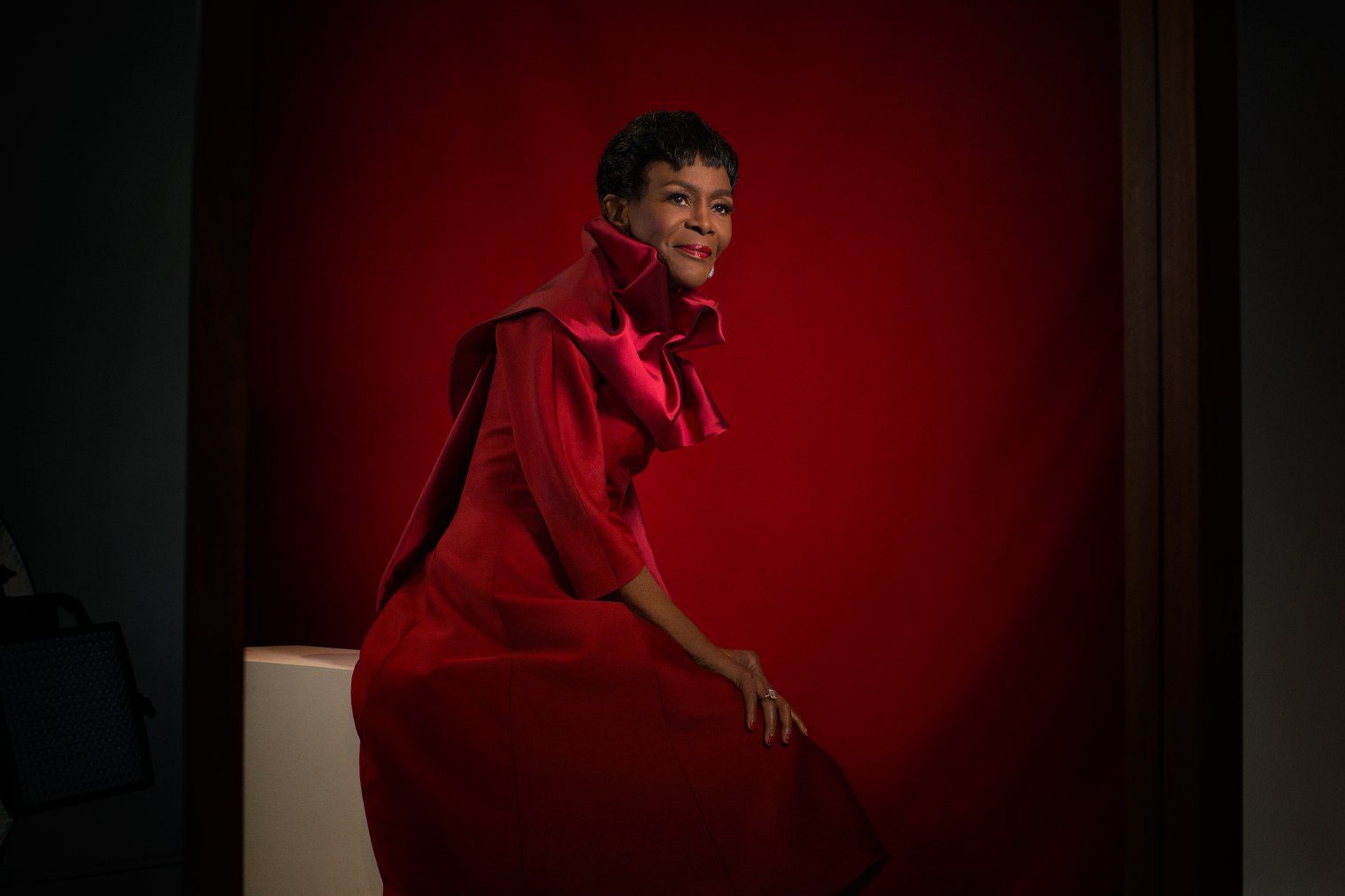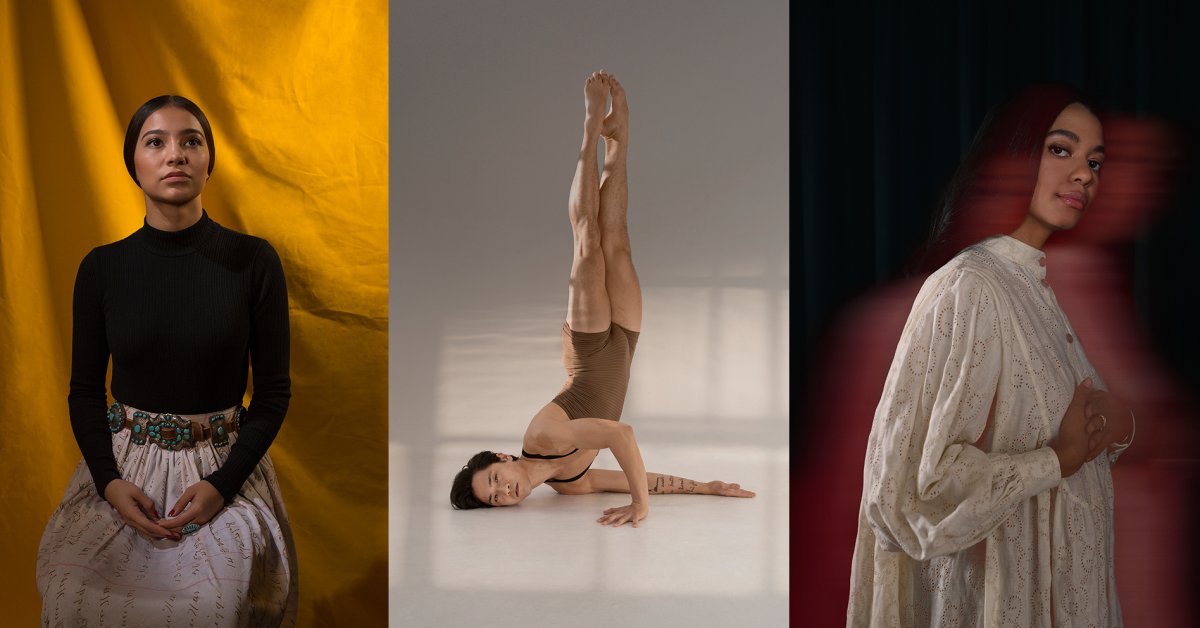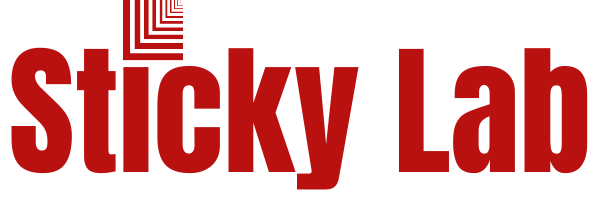
There's No Such Thing as "By the Book"
"I am the sum total of each one of the women I have played. That they were able to survive the times, and the way in which they did it, made me a stronger person and allowed me to truly believe that all things are possible." Cecily Tyson
As I write this, a barrel of oil is cheaper than a cup of coffee.
Endangered leatherback turtles are building more nests than they have in 20 years on deserted tourist beaches in Thailand.
And time seems to have slowed to a turtle's pace. (more on this below)
Many people I've talked with in the past week seem to be regaining their ability to concentrate - just a bit - after a month of struggling to focus. Twenty-one days is the minimum amount of time it takes for something new to become familiar, or to begin establishing a new habit. And most of us are rewriting the playbooks on how we live and work.
There's new evidence that damaged brains repair themselves by going back to an embryonic state, from which "cells become capable of re-growing new connections that, under the right conditions, can help to restore lost function."
Emma Taylor's work, creating sculptures from discarded books, may be one of the best metaphors for the current moment I've come across. You could say she takes old books and rewrites them.
Lately I've been thinking about tools. Not physical tools, but the mental tools we have to help us solve problems and invent the future: memory, creativity, playfulness, tinkering, collaboration and optimism. This week's Sticky List highlights stories about people using these tools.
Stay well.
Erika

New Three Dimensional Narratives Composed from Discarded Books
UK-based book sculptor Emma Taylor sources old books from charity and antique shops and gives them a second story. Taylor uses simple materials—just glue, paper, and scissors—to sculpt architectural facades, lively animals, and leafy trees from otherwise unused titles.
Confession
I'm a sucker for Rube Goldberg machines and domino toppling. Lily Havesh, a 21-year old domino artist, combines both in this feat of art and engineering. With a YouTube channel that's pushing a billion views, Havesh is also building a serious business.
An entirely different machine from 2D House - Isaac Newton vs. Rube Goldberg:
Why Time Has Slowed
"The leading theory for why this happens is that the perception of time relies on the number of memories formed in a period, and memories are encoded from new and surprising experiences," writes Morgan Housel.
"Time slowed in March because for the first time since childhood many of us are being bombarded with new and surprising experiences. We learned that shaking hands can be deadly. That the economy can stop overnight."
The Common Denominator: Optimism
 TimeNaina Bajekal
TimeNaina Bajekal
The Coronavirus Is Already Changing the Way We Think About Scientific Cooperation
"Viruses are constantly evolving through interactions inside 'clouds.' Inside these swarms, they pick up traits from their neighbors, forming novel strains that more efficiently hijack cells or are harder for the immune system to neutralize. Essentially, they cooperate," writes Ella Fassler.
"To fight the novel coronavirus sweeping the globe, scientists are also cooperating, and on an unprecedented level.
Ditching the normal publication process for research — which moves slowly and oftentimes offers access only to those who pay — more than 50 journals and publishers signed a statement in January pledging to share findings rapidly and openly and to make all of their publications related to Covid-19 and the coronavirus 'immediately accessible' and licensable 'in ways that facilitate reuse.' "
Just as there are many ways for microbes to infect a body, there are many ways for epidemics to affect the body politic. (Elizabeth Kolbert)
Pandemics and the Shape of Human History
"Outbreaks have sparked riots and propelled public-health innovations, prefigured revolutions and redrawn maps," writes Elizabeth Kolbert in The New Yorker.
"Whenever disaster strikes, like right about now, it’s tempting to look to the past for guidance on what to do or, alternatively, what not to do. The trouble is that, for all the common patterns that emerge, there are at least as many confounding variations."
"Among the few predictions about covid-19 that it seems safe to make at this point is that it will become the subject of many histories of its own."
Two Things We Know With High Confidence
"Unknowns exceed knowns even in the best of times," writes Morgan Housel, echoing Kolbert's piece. He also notes that "The most important innovations are born from panic-induced necessity more than cozy visions. That’s been true for a long time, and I can say with high confidence that it’s true today."
We aren’t just stopping coronavirus. We’re building a new world.
"Even though our instincts and political leaders might be saying otherwise, it is more important than ever in this emergency to take the long view. If there was ever a moment to think about the future, it’s now," writes Eric Holthaus.
"Dollar-for-dollar, investment in large building projects is one of the best stimulus payoffs, but we need to cast a wide net and make sure everyone has a chance to participate in the new economy. With long-term interest rates less than 1% right now (or even negative in some countries), there’s virtually an unlimited amount of money available for public works projects that could help create the carbon-free economy we all need."
A Plan to Reconnect a Town in Quarantine: 10,000 Onions
 NYTimesC. J. Chivers
NYTimesC. J. Chivers
Return, Investment, Return
"Spring has no reverence for pandemic. The world is all at once shutting down and opening up, the velocity of change in opposite directions creating a vacuum for each of us.
"Last night my nephew was born, and I can’t help but think that he opened into the middle of history. Nine days before, my cousin Daniel’s body shut down."
"Before this week, we might have taken the phrase “shelter in place” as spiritual instruction. Last week, just before gatherings were prohibited, we traveled to a metropolis for the funeral where, to prevent further disaster, we tried our hardest not to hug Daniel’s parents and sister."
"Each of us who pooled our tears at the funeral last week is now in an isolated cell. Each of us in the United States now is in a cell, and countless of us the world over. Prisoners live in cells, but so do monastics. So does all of biological life, isolated and interconnected into the formation of organisms: apple, deer, human being. Cells are discrete but they are not separate; there is the larger body.
"The physical world escalates its refrain: nothing is abstract. Neither virus nor spiritual truth."

End Notes
The lead photo of Cecily Tyson at the age 94 is by Djeneba Aduayom, from TIME's 2019 issue, The Art of Optimism, edited by Ava DuVernay.
"While we live at a time when division is the norm; when biases and beliefs seem static and immobile; when hard science is debatable; when journalism is devalued; when humanity is stripped from those in cells, centers and shelters; when it’s all just too much to organize in our heads, art calls to the optimism within us and beckons us to breathe." (Why Art is the Antidote for Our Times, Ava DuVernay)


